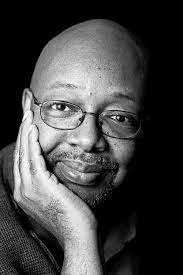By Leonard Pitts – Source: www.roanoke.com) It’s not just Tulsa. From the 2019 premiere of HBO’s “Watchmen,” which introduced many Americans to a racial atrocity they’d never heard of, to all the recent media attention — CNN, the New York Times, NPR — marking this week’s centennial, the Tulsa Race Massacre of May 31 to June 1, 1921 has lately been inescapable.
It stands out for multiple reasons. There is the sheer size of it: at least 35 square blocks leveled by white mobs. There is the death toll of it: an estimated 300 African Americans — the exact number will never be known — killed. And there is the cussed gall of it. Barred from white community and society, Black people created a thriving community and society of their own, a “Black Wall Street” — only to have white people burn it to the ground.
It’s important that all this be known. Yet it’s also important to recognize that what happened in that Oklahoma town was not some isolated event. No, Tulsa in 1921 is echoed by New York in 1863, Memphis and New Orleans in 1866, Wilmington, North Carolina in 1898, Atlanta in 1906, Springfield in 1908, East St. Louis in 1917, Chicago and Elaine, Arkansas, in 1919, Rosewood, Florida in 1923 — among others.
To be clear, those are just the mass-casualty events, white mobs killing Black people in large numbers, often torching their communities. Factor in the spectacle lynchings where “only” one or two African Americans might be tortured to death with grisly creativity, and the incidents number in the thousands.
Take it as evidence of God’s puckish humor that even as we commemorate Tulsa, Republican-led states are rushing to pass laws restricting the teaching of this history. That includes Oklahoma, whose governor, Kevin Stitt, describes his state’s new ban on critical race theory as “a common-sense law preventing students from being taught that one race or sex is superior to another.”


Be the first to comment